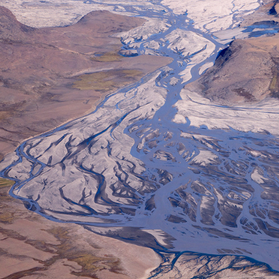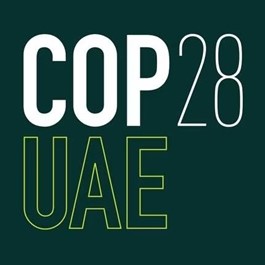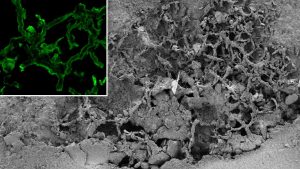Friday 14th November – 15:30 to 16:30 - room S.DB4.245
"Are terrestrial manganese oxides a hidden potential for critical metals ?"
by Dr. Augustin Dekoninck (Postdoc, G-Time, ULB)
Friday 28th November – 15:30 to 16:30 - room S.DB4.245
"POLARIS: POLar AI Research on climate-ice Sheet interactions"
by Christof Kittel (Assistant Professor, VUB/ULiège)
Friday 5th December – 15:30 to 16:30 - room S.DB4.245
"Tracing Southern Ocean biogeochemical change from million-year to centennial timescales using biomineral-bound nitrogen isotopes"
by Dr. Simone Moretti (Postdoc, Max Planck Institute for Chemistry)
2025-2026 IGEOS SEMINARS:
November 2025: "Afrotropical Forest Futures under Climate and Land-Use Change" by Dr Félicien Meunier (UGent)
October 2025: "How Volcano Seismology, Hydroacoustics and Pattern Recognition help us protect tourists on volcanoes and everyone’s WiFi – insights from recent case studies in the SW Pacific" by Bastian Steinke (G-Time, ULB)
October 2025: "Organo-mineral interactions in permafrost environments affected by physical degradation" by Maxime Thomas (UCLouvain)
September 2025: "Structural and Microbial Controls on Methane Seepage in Polar Regions" by Dr Maria De La Fuente Ruiz (BGEOSYS, ULB)
September 2025: "Seismology of Landslides: Insights from Irazú and Aguas Zarcas, Costa Rica" by Dr Esteban J. Chaves (OVSICORI, Universidad Nacional, Costa Rica)




